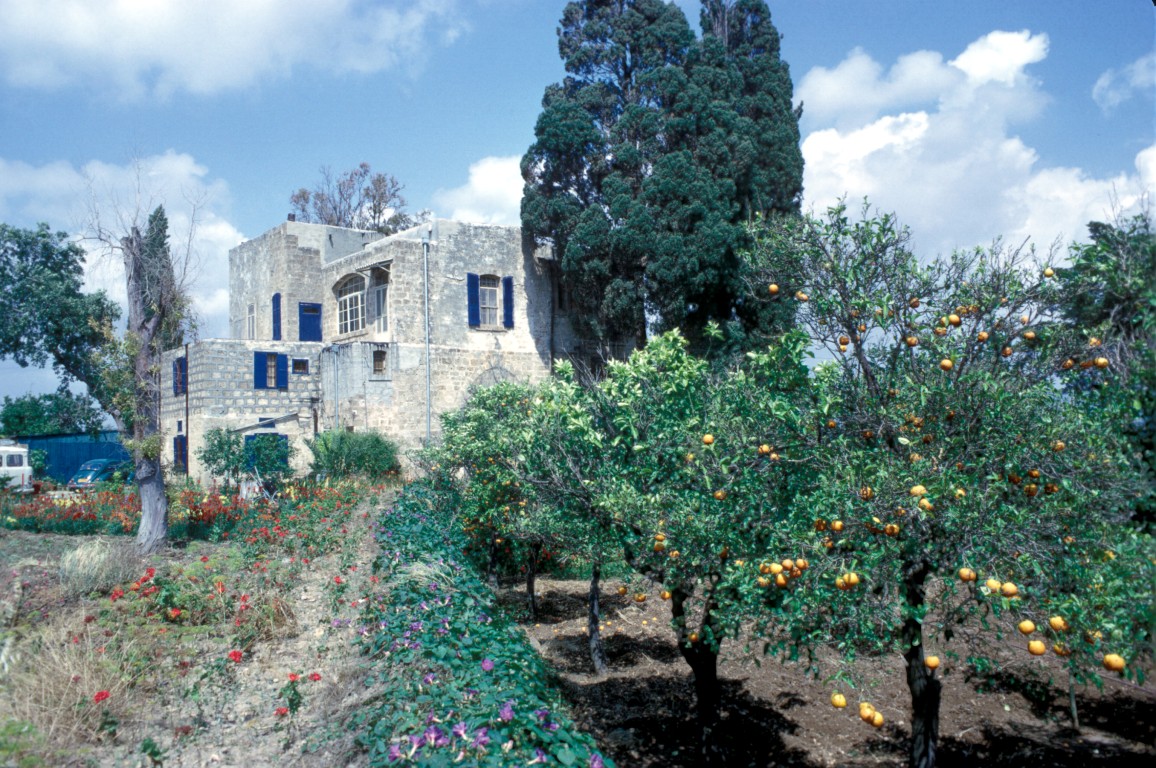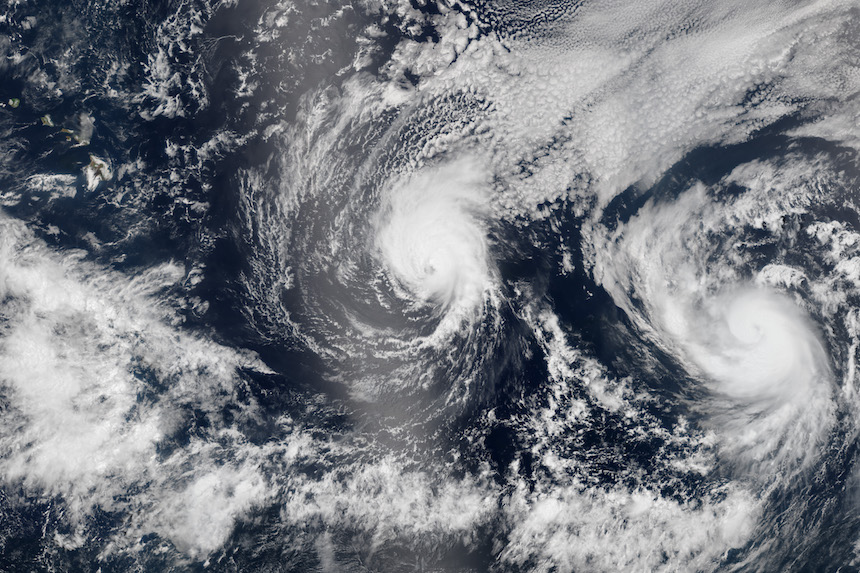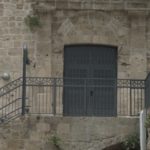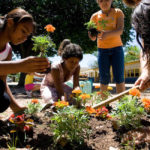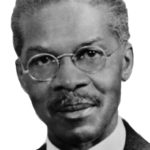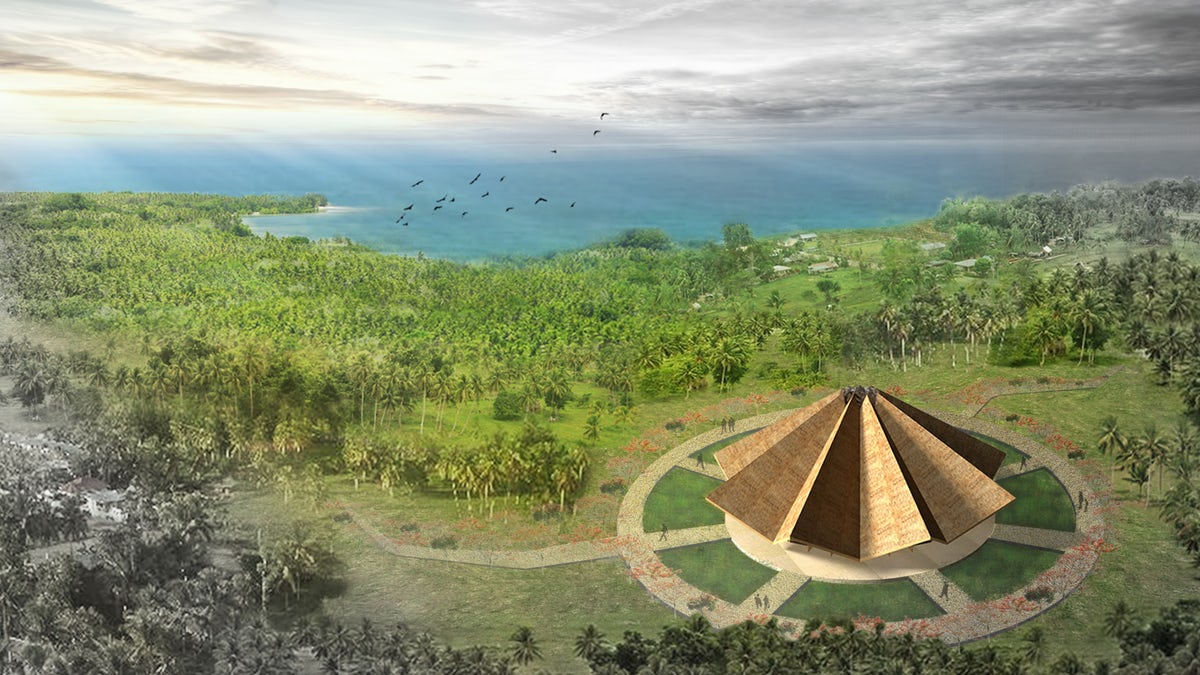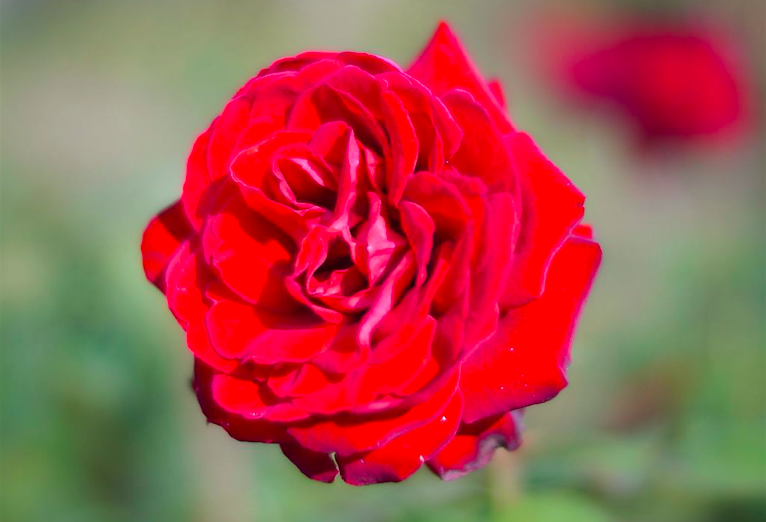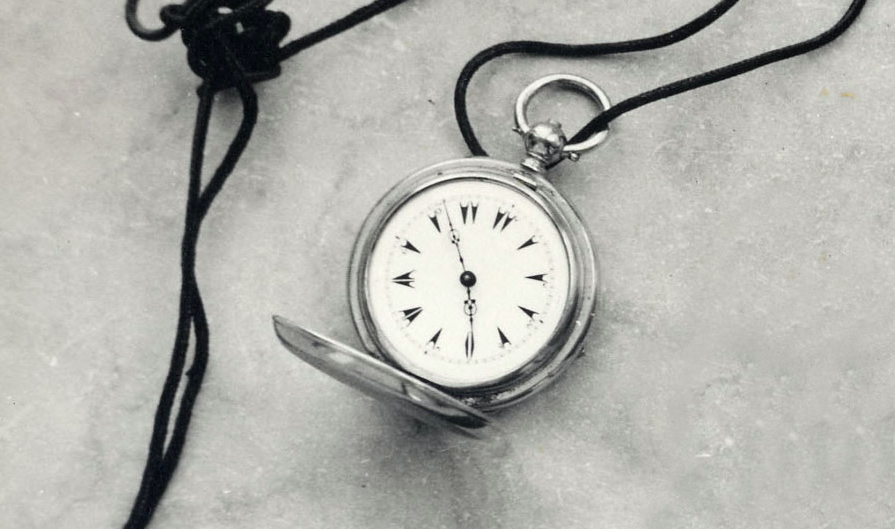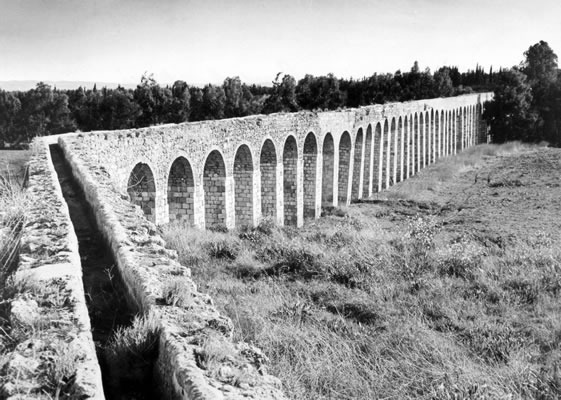
Water Restored to Akka and Service to the Community
 As time went on the people of Akka began to see the true character of Bahá’u’lláh and his followers. The initial contempt and hatred with which they had been greeted on entering the city changed into respect and even reliance. Bahá’u’lláh in this period largely ceased the open association he had followed with the people until their time in Adrianople and instead Abdu’l Baha took on the task of the many requests and expectations that were placed on them by a diversity of enquirers.
As time went on the people of Akka began to see the true character of Bahá’u’lláh and his followers. The initial contempt and hatred with which they had been greeted on entering the city changed into respect and even reliance. Bahá’u’lláh in this period largely ceased the open association he had followed with the people until their time in Adrianople and instead Abdu’l Baha took on the task of the many requests and expectations that were placed on them by a diversity of enquirers.
The following from the recollections of Tuba Khanum, a daughter of Abdu’l Baha provides a sense:
[Abdu’l Baha] would go first to the Bírúní, a large reception room, which had been hired, on the opposite side of the street to our house. We often used to watch from our windows, the people crowding there to ask for help from [him].
A man who wished to take a shop must ask advice from Him. Another would request a letter of introduction, or recommendation for some government post. Again, it would be a poor woman whose husband had been falsely accused, or had been taken for a soldier, whilst she and the children were left to starve. One would tell Him of children who were ill- treated, or of a woman beaten by husband or brother.
‘Abbás Effendi would send a competent person with these poor people to state the case to the judge at the Court House, so that they might have justice. …
The many sick people, Bahá’í and others, were His constant care; whenever they wished to see Him, He went…Never did He neglect anything but His own rest, His own food; the poor were always His first care. …
As there was no hospital in ‘Akká, the Master paid a doctor, Nikolaki Bey, a regular salary to look after the very poor. This doctor was asked not to say who was responsible for this, ‘His right hand was not to know what His left wrought.’
But for those other things the poor needed when they were ill, numberless, various, always to the Master did they turn their eyes…[From Adib Taherzadeh, The Revelation of Baha’u’llah, Volume 4, Chapter 1]
In these daily activities of Abdu’l Baha we see a personal implementation of Bahá’u’lláh’s teachings concerning the poor, social security and service to the community. For example from Bahá’u’lláh’s Hidden Words:
The poor in your midst are My trust; guard ye My trust, and be not intent only on your own ease.[1]
Or from the Kitab-i-Aqdas, where Baha’u’llah states an obligation on a father to provide for the education of his children, and in the case of poverty for the House of Justice to provide for that education as Baha’u’llah has made the House of Justice “a shelter for the poor and needy”.[2]
It was not only the poor who looked to the Bahá’u’lláh and Abdu’l Baha, still formally prisoners within the city. Religious and civil leaders would seek the advice of Abdu’l Baha or Bahá’u’lláh and were often deeply attracted to them. Shortly after a new governor, Badri Jan, was installed in Akka, he was given a copy of Bahá’u’lláh’s Suriy-i-Muluk, his collective message to kings and rulers. After reading it, the Governor expressed a belief in Baha’u’llah and a wish to meet him. Bahá’u’lláh agreed to meet and during this meeting, the Governor asked to be allowed to render some service to Bahá’u’lláh. Bahá’u’lláh asked him instead to repair an aqueduct to bring water to the city’s inhabitants. The aqueduct had been disused since being damaged by Napoleon in 1815. To this, the Governor eagerly agreed and started the work of repairing the aqueduct. The project took some time and was not completed until the office of a succeeding governor. When the water arrived it was a cause of rejoicing for the people and 101 cannon shots were fired to mark the occasion.
Image Credits: “The aqueduct to carry water to ‘Akká was built in about 1815 to replace an earlier one destroyed by Napoleon. By the time of Bahá’u’lláh’s arrival, it had fallen into disrepair”. From the Baha’i World Centre archives. Copyright © Bahá’í International Community, 1986
Sources:
Adib Taherzadeh, Revelation of Bahá’u’lláh Volume 3
Adib Taherzadeh, Revelation of Bahá’u’lláh Volume 4
(This article is the 156th in a series of what I hope will be 200 articles in 200 days for the 200th anniversary of the birth of Bahá’u’lláh. The anniversary is being celebrated around the world on 21 and 22 October 2017, The articles are simply my personal reflections on Bahá’u’lláh’s life and work. Any errors or inadequacies in these articles are solely my responsibility.)
